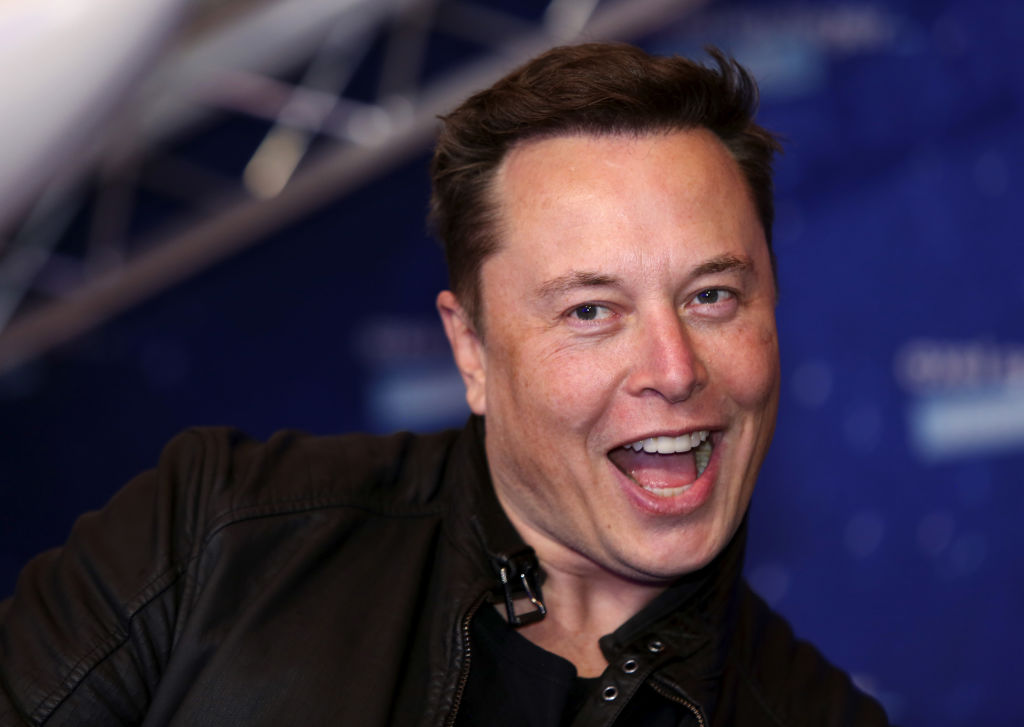It’s become an internet pastime to point out all the things that Elon Musk is wrong about and all the ways he’s wrong about them. A list of them could be an article of its own, but in lieu of that, here’s a link that should suffice.
Instead, this article is about something that Musk is almost certainly right about: the perilous state of the electrical grid.
Over the past year and especially in the past couple months, Musk has been making the rounds at electric utility industry conferences, urging executives to invest more in the energy transition. “I can’t emphasize enough: We need more electricity,” Musk said at one of the events. “However much electricity you think you need, more than that is needed.”
Electric utilities have been anticipating a surge in demand as governments and consumers grow increasingly bullish on electrification. Homes, business and transportation all stand to benefit from more powerful and more efficient batteries, electric motors, heat pumps and more. In California, which is at the forefront of electrification, PG&E is predicting that electricity demand will rise 70% by 2043; Edison International is forecasting 60% growth by 2045.
Musk has said those predictions are far too modest. “So even if you assume that electricity demand is static, in order to transition to a sustainable energy future where everything is electric and sustainably electric, we need a tripling of electrical output,” he said at another event.
Energy agencies have been notorious for underestimating the speed at which renewables would be adopted, in part because their forecasts have been conservative about cost decreases while also assuming that current regulatory policies won’t get any more stringent.
The U.S. Energy Information Administration (EIA) and the International Energy Association (IEA) have both been guilty of that. For years, the IEA took the most recent data on wind and solar and assumed linear growth when the preceding years showed an exponential relationship. (The IEA has since added a net-zero emissions report in an apparent effort to hedge its bets.) Meanwhile, the EIA still assumes the U.S. will be burning coal well past 2050.
It’s likely that utilities are guilty of similar thinking. With billions invested in legacy fossil fuel assets, they’re probably assuming they’ll be operating those far longer than Musk has in mind. Unless the world spends far more than it should on carbon capture and sequestration, coal burning power plants are going to have to disappear. They’re obviously incompatible with the idea of reaching net-zero by 2050.
Musk is likely assuming that all combustion generators, including gas plants running on landfill gas and hydrogen, will be shut down. Wind, solar, batteries, and other carbon-free sources would take their place.
Musk is well known to approach problems from a “first principles” perspective. In this case, that probably means he’s starting from the assumption that the world will have to hit net-zero emissions by 2050 and working back from there.
Utilities, on the other hand, are likely assuming that they’ll be able to water down those targets or figure out some creative accounting to get around them. Their push for so-called renewable natural gas is just one example. PG&E, for example, cites the source of methane in its most recent R&D strategy report as part of its net-zero pathway. (Methane is a greenhouse gas that’s 81 times more potent than carbon dioxide over 20 years; leaks from production and distribution infrastructure alone are a significant source of carbon emissions.)
Musk’s prediction of a tripling in demand is probably an upper bound of what’s possible. It shouldn’t be surprising that he’s aiming high — Tesla stock would surge if it came true — and an extreme take on the future is in line with his “hardcore” management style. But as electric motors and batteries get better, smaller and cheaper, they’ll find their way into more things. There’s a better chance than not that we’ll be electrifying things we’d never thought of before. Couple that with falling renewable prices, and the world is setting itself up for a classic case of induced demand.
Like many things, the truth is probably somewhere in the middle. Musk might be overstating things, and the utilities are probably grossly understating them. But which would you rather have: utilities with stretched balance sheets or widespread blackouts?































Comment